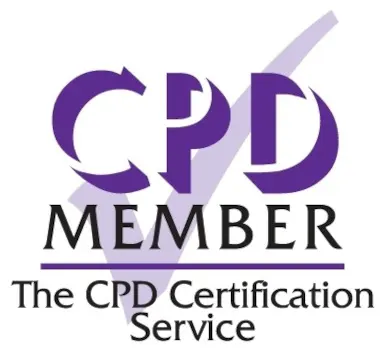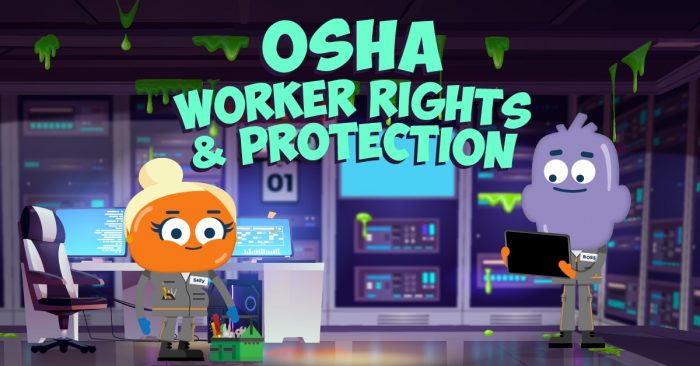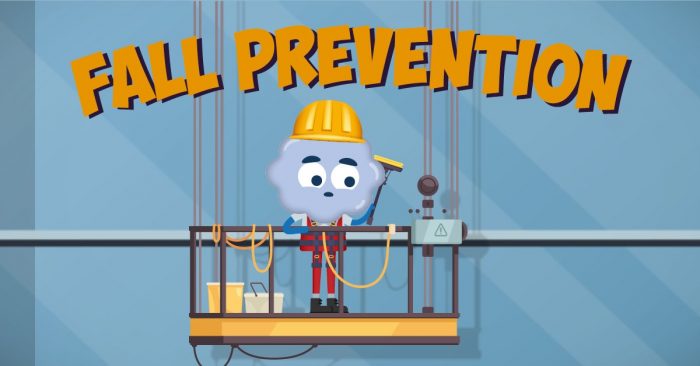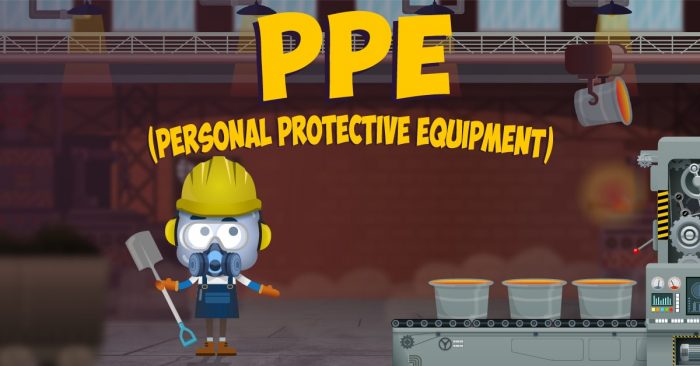OSHA Severe Injury Reporting & Record Keeping
Duration15'
No. of mini-lessons5
ResourcesInfographic
Duration 15'
No. of mini-lessons 5
Resources Infographic
Course overview
What’s the 1st thing you think when someone gets injured at work? Probably not, “Where’s my pen?” When someone’s hurt, recording isn’t the immediate priority. Your 1st concern is making sure everyone is out of harm’s way and getting any treatment they need. But, once everyone’s safe, you do have a duty to make sure the incident is properly recorded and reported.
Paperwork after a stressful event might feel like a bit of a headache, but it’s important. It helps regulatory bodies like OSHA build up a picture of hazards in your workplace and industry, meaning worker protection can be built up, too. It’s all about preventing future injuries and making the workplace safer for everyone. This is especially crucial when it comes to severe injuries.
What's covered
Minor, recordable, and serious injuries and illnesses according to OSHA criteria
How to maintain and post records in line with OSHA requirements for reporting injury and illness in the workplace
How to meet additional reporting requirements for severe injury

Why your teams need this course
This course is aimed at employers within companies of 10 employees or more. You’ll learn which injuries and illnesses you’re expected to report, how to maintain and share records in line with requirements, and what else you need to do in case of severe injury.

Accredited by CPD
TalentLibrary is recognized as reaching the standards and benchmarks required by the Continuing Professional Development (CPD) Certification Service.
The CPD Certification Service is the world’s leading and largest independent accreditation organization for professional development courses across all industry sectors.


